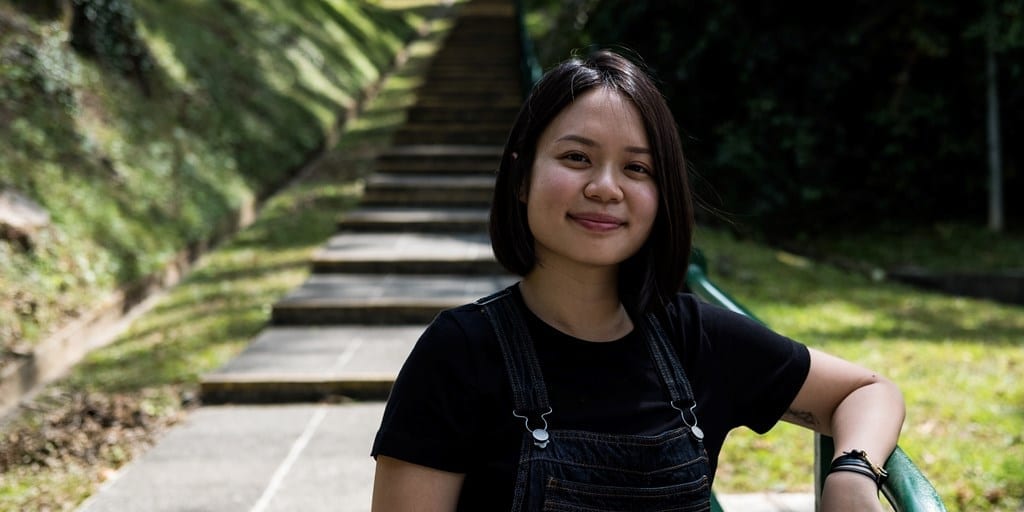What if there really was a magic pill for finding happiness? A psychological “eat your greens” equivalent for a healthy mind? I work as a therapist, helping people to let go of anxiety, destructive habits, self-criticism and shame. Although every client is of course individual, there are certain trends that emerge in the behavioural and psychological changes made by those who swap self-loathing for self-love.
Some things are fairly predictable: people tend to get fitter, healthier, take more pride in their appearance and converse more freely as they start to feel better. Those things are all good. However, the two “traits-of-the-improving” that I find the most exciting are these:
- People — even those who wouldn’t have listed this as a goal before they came to therapy — tend to engage more in their own creativity.
- People get more from giving.
There is a simple explanation for these things. As we let go of self-referencing states like anxiety and shame, we learn to face out rather than in. This happens because we stop feeling as though we need to withdraw into a state of protection quite so much. Then we experience less need to check up on how we’re doing at Literally Every Given Opportunity (you know, that incessant internal monologue that goes something like this: “How do I look right now? Am I attractive enough? Clever enough? Successful enough? What are people thinking of me? Am I wearing this month’s shoes??”).
As that kind of thinking fades (and no, I’m not suggesting it’ll disappear completely) we can enter, more often, into a state of growth — protection’s colourful counterpart. While in growth, we’re able to look away from our fragile egos to involve ourselves in the things that go on outside. Things like creative projects, other people, education, fun activities, joyful connections… life.
The human need to face out
Here’s the really wonderful thing about this. Facing out isn’t just the result of emotional wellbeing; it also creates it. By engaging in creativity and/or generosity, we can fast-track our emotional development by more effectively meeting our needs.
Growth and contribution, you see, are more than just nice add-ons for someone who already feels OK. These things are fundamental human requirements; we need them in order to feel OK. This is why “random acts of kindness” and creative tasks are often set as homework for therapy and coaching clients.
It can be difficult, in a time of hardship, to prise our focus away from the Self and give it something Other, just as it can be difficult to engage in something imaginative. But making the decision to do either of those things can tip the protection-growth scales into a healthier place of balance.
Healing
What’s more, facing out may not only benefit your emotional wellbeing. It could improve your physical health as well.
In his book, Why Good Things Happen To Good People, Case Professor Stephen Post explores the benefits of being generous. He cites a 50-year study indicating that people who give their time, money or energy to others during their high school years enjoy better health thereafter. And, in a 1999 study led by Doug Oman of the University of California, Berkeley, elderly people who volunteered for two or more organisations were found to be 44 percent less likely to die over a five-year period than were non-volunteers.
So, what if you were to ask yourself this question more often?
If there were something that I could do right now, which would help me to better fulfil my fundamental need for contribution, what would that be?
It needn’t be anything big. You can get your daily dose of giving just by upgrading your home recycling system, supporting a cause that feels meaningful to you, or simply by calling a friend. There are many, many ways to feel like a valuable part of something bigger, greater than just yourself.
And the best part? By consuming this particular magic pill for your own psychological wellbeing, you could — in years to come — find yourself looking back on a long and healthy life, knowing that you made a meaningful difference to the world.
Originally published on Medium by Hazel Gale – Author, speaker, cognitive hypnotherapist and ex-world champion in full-contact kick-boxing. Hazel is an established and qualified expert helping people to imagine a life without limitations, she is also one of our DrivenWoman Academy experts.
DrivenWoman is a social platform connecting women who want to achieve their goals and dreams. Thousands of women around the world have joined our program and are achieving their life goals supported by one another. Join our FREE community the Doers Tribe.





0 Comments